2020 will be a promising year for women‘s rights since it marks 25 years on the adoption of Beijing platform for action, 5 years since the Global Goals and 10 years anniversary of UN Women. Hayat Mirshad was part of Generation Equality campaign and Gender Innovation Agora, established by UN Women, along with a number of youth and gender equality advocates from the Arab States who met in a regional forum in Cairo during the last week of August 2019 to review the implementation of Beijing action plans and discuss how to accelerate progress on gender equality and women’s empowerment in the region.
The UN Women Regional Office for Arab States established the Youth Gender Innovation Agora (GIA) as a consultative forum and a platform for regular dialogue with youth in 2018. The GIA is constituted from among eminent civil society professionals, young activists, and advocacy and social media influencers to support the youth representatives to develop innovative gender equality solutions and engage with a broader range of stakeholders. The GIA members are appointed with the task to provide expertise on youth and gender issues, encourage the mobilization of young people and facilitate the dissemination of information to networks and organizations around the region.
Role of the Youth GIA:
The GIA has an advisory and advocacy role and is working to:
- Provide strategic perspectives on advocacy issues and UN Women’s thematic priorities;
- Assist in strengthening UN Women’s engagement with civil society, including formal and informal youth groups and initiatives at all levels;
- Develop new ideas for advocacy campaigns and recommendations for innovative methodologies to promote gender equality in the region with special focus on:
- Women, Peace and Security, Humanitarian Action and preventing violent extremism,
- Women’s economic and political empowerment;
- Engagement of men and boys in promoting gender equality,
- Ending violence against women and girls;
- The SDGs, Innovation, and ICTs for gender equality.
- Promote the priorities and voices of young people in advocacy messages, and strengthen the youth agenda in regional frameworks such as UN Women’s Africa Strategy;
- Mobilize young people and governments to make pledges in support of gender equality and hold them accountable for their commitments;


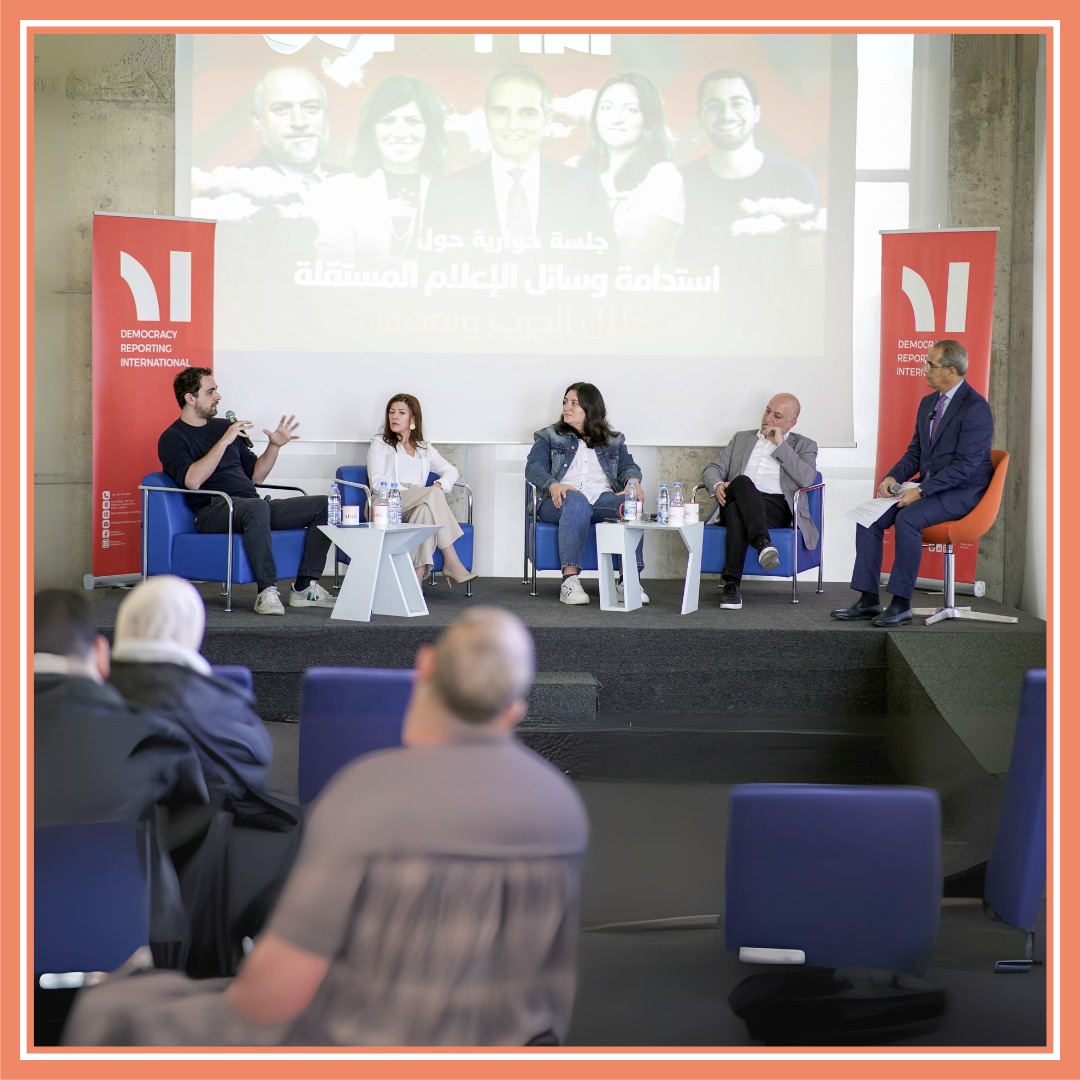
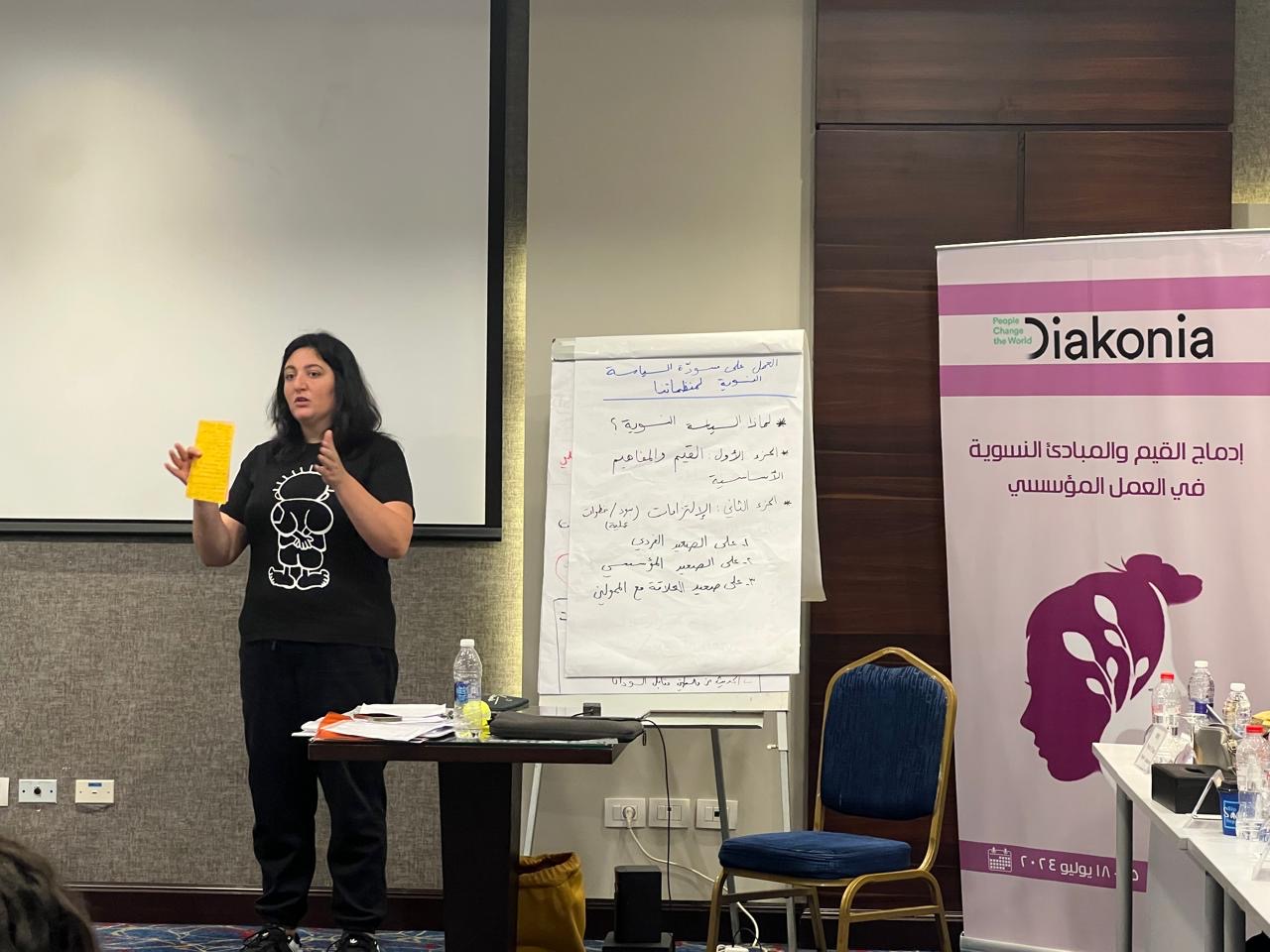
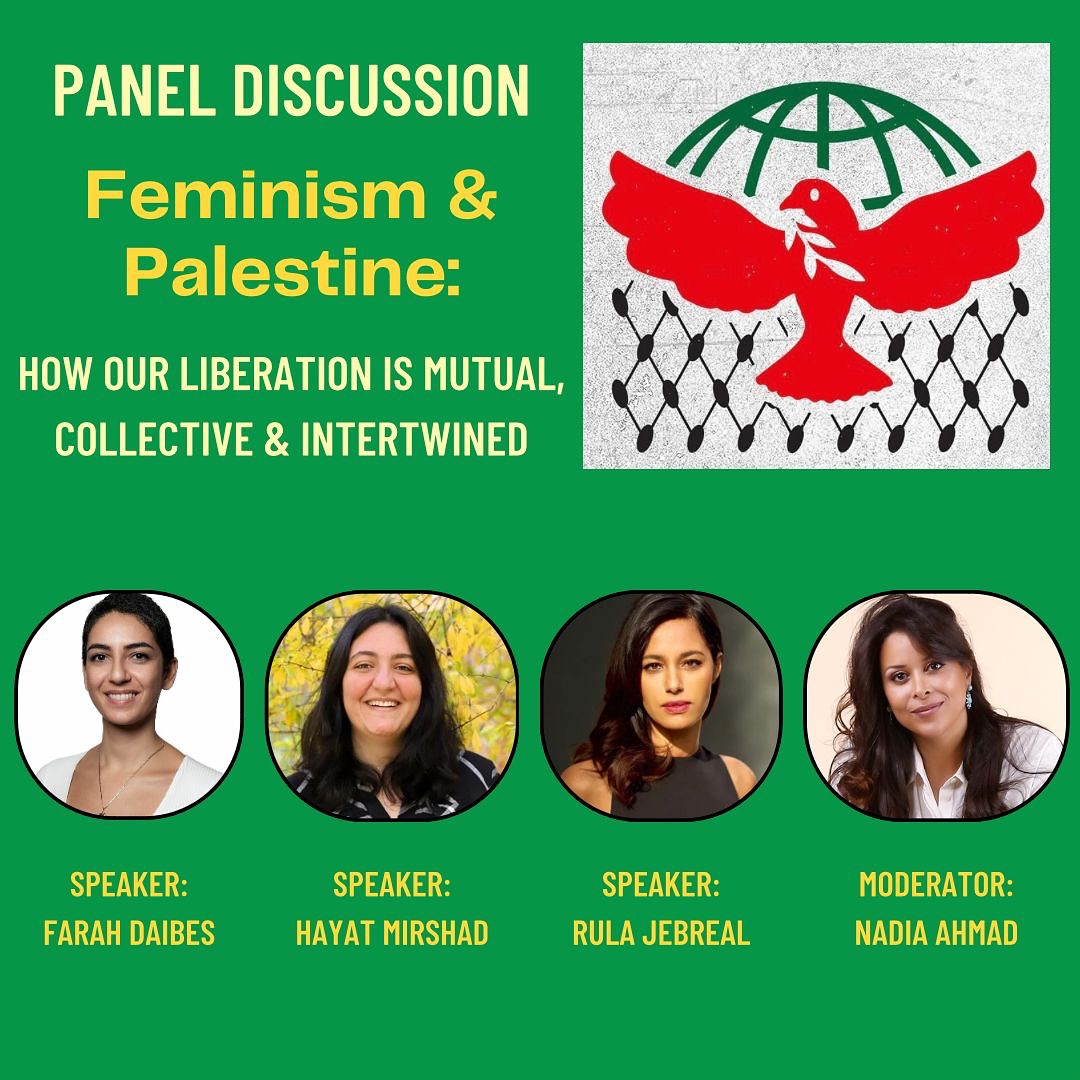

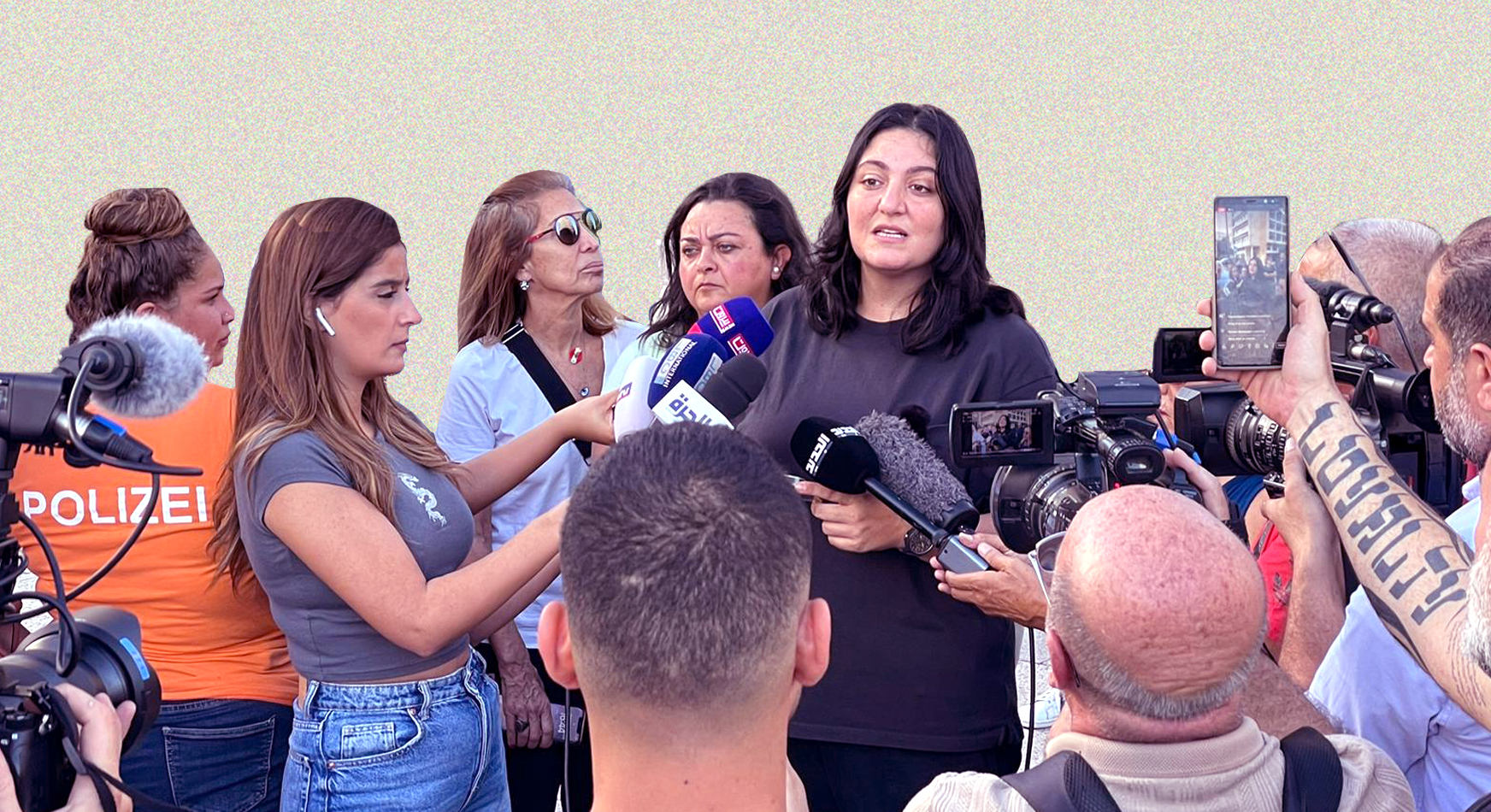
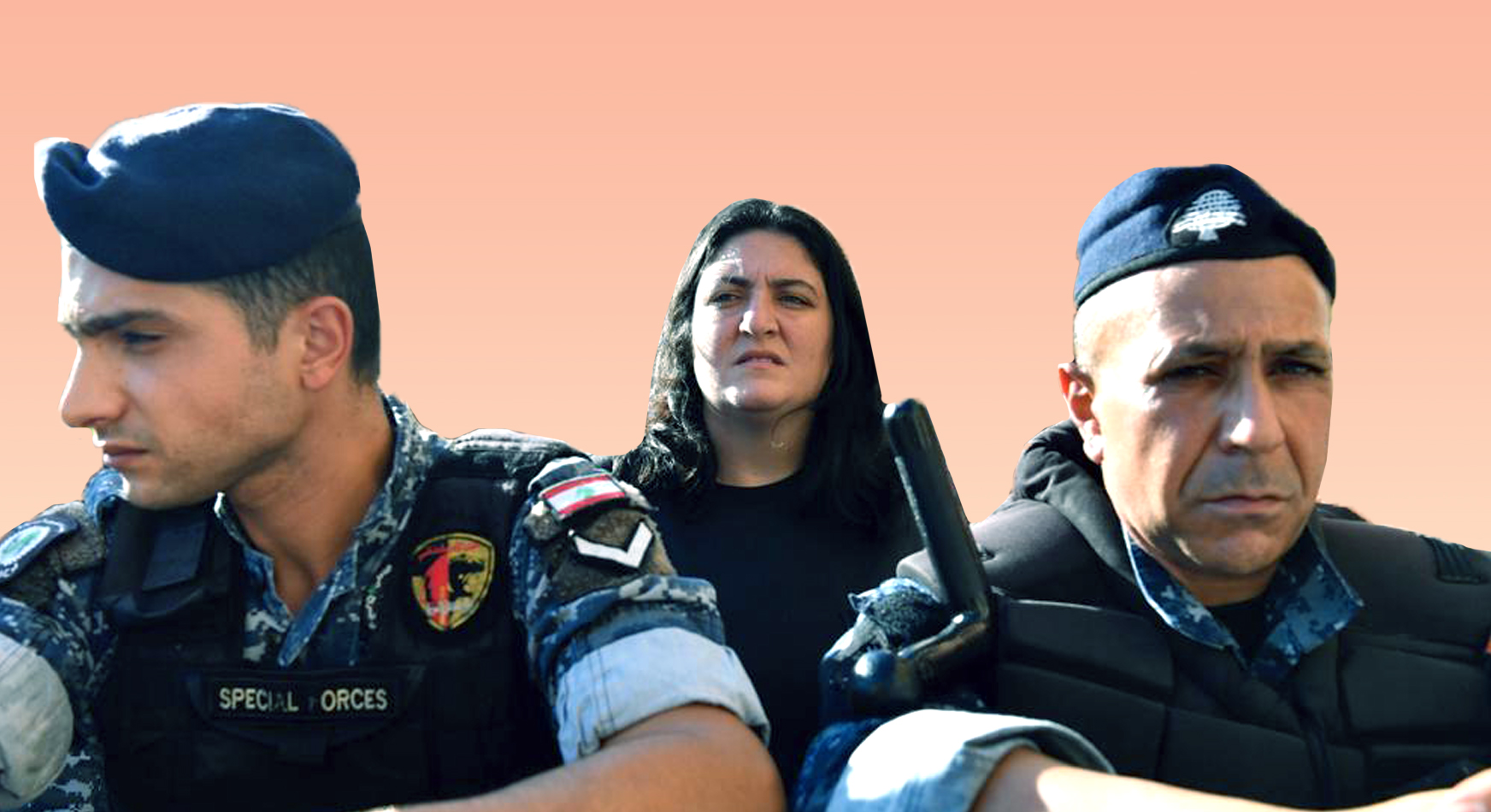
Leave A Comment